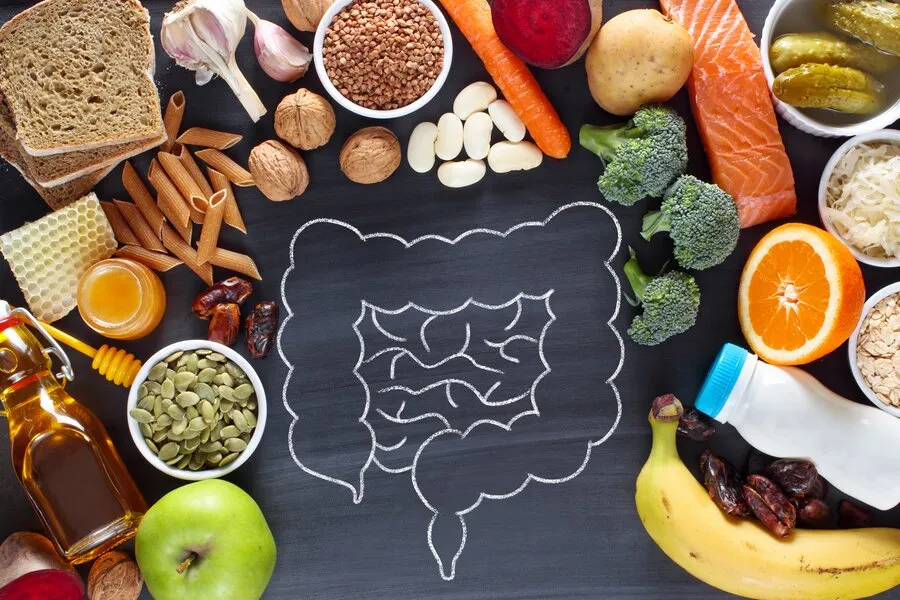Common Gastrointestinal Diseases

Gastrointestinal diseases affect your gastrointestinal (GI) tract, from mouth to anus. There are two types: functional and structural. Some examples include colitis, food poisoning, lactose intolerance, and diarrhea.
Functional Gastrointestinal Diseases
Functional diseases are those in which the GI tract looks normal when examined but doesn’t move properly. They are the most common problems affecting the GI tract (including your colon and rectum). Some examples are:
- Constipation
- Irritable Bowel Syndrome (IBS)
- Gastroesophageal reflux disease (GERD)
- Nausea
- Gas
- Bloating
- Diarrhea
Structural Gastrointestinal Diseases
Structural gastrointestinal diseases are those where your bowel looks abnormal upon examination and also doesn’t work properly. Sometimes, the structural abnormality needs to be removed surgically. Common examples of structural GI diseases are:
- Hemorrhoids
- Diverticular disease
- Colon polyps
- Colon cancer
- Inflammatory bowel disease (Colitis etc.)
Why do you need guidance on dietary management for gastrointestinal diseases?
Diet plays a crucial role in the management of gastrointestinal disorders. Eating the right foods promotes smooth digestion, enabling the dietitians’ patients to avoid possible diet-caused complications.
How can you benefit from guidance on diet for gastrointestinal diseases?
- Dietary changes have the potential to alleviate symptoms.
- Eating a healthy diet and well-balanced diet can lead to better digestive health.
- Your Dietitian will provide you with recipes that are gut friendly.
How is diet for gastrointestinal diseases different from a general diet?
- The general population usually consumes a variety of foods (such as foods that are high in fiber), whereas people with some gastrointestinal diseases cannot consume foods that are high in fiber.
- Some diets are lactose and gluten-free, although if there is no need to eliminate gluten and/or lactose from your diet, there is no need.